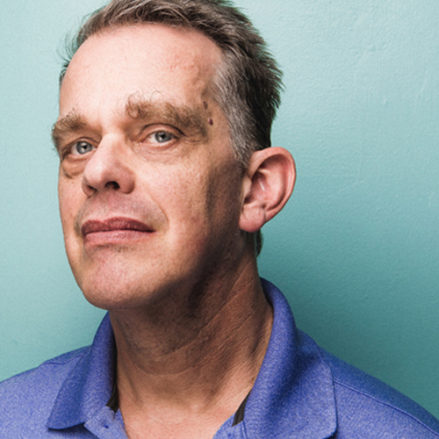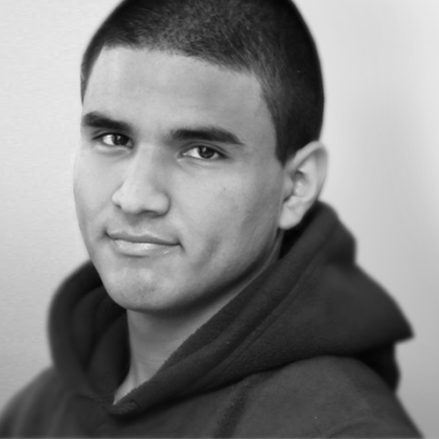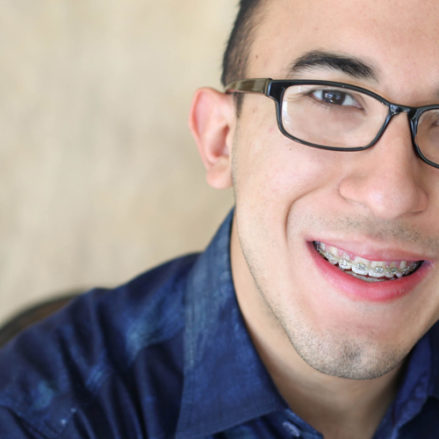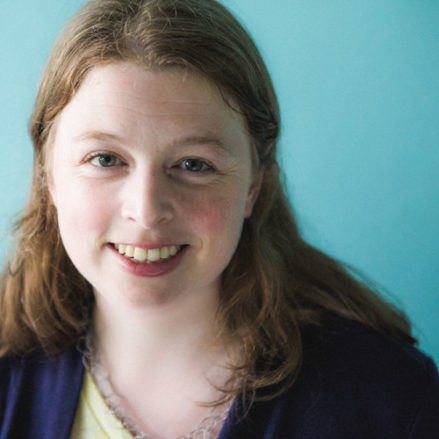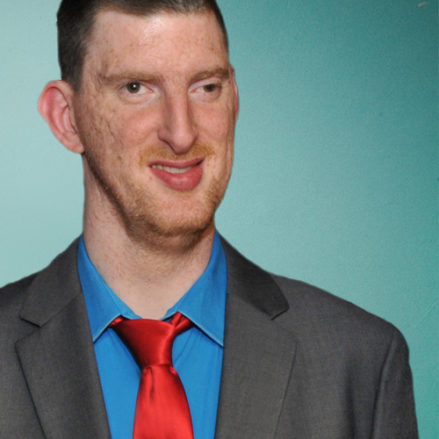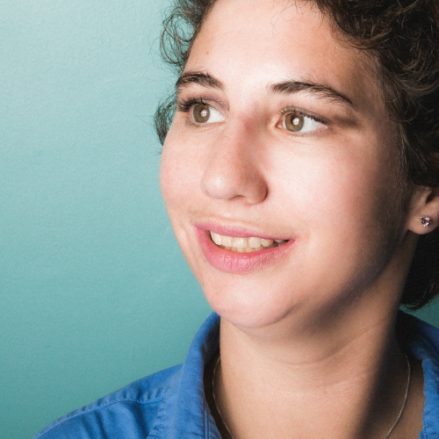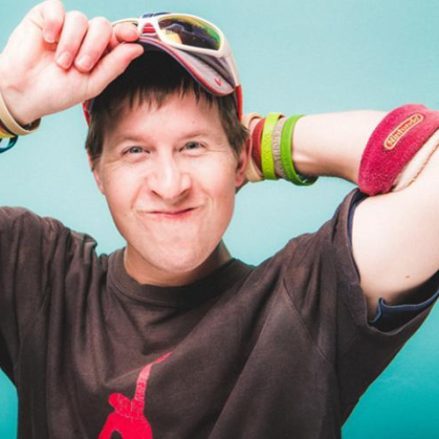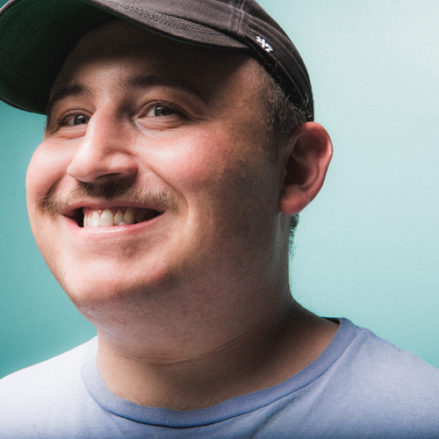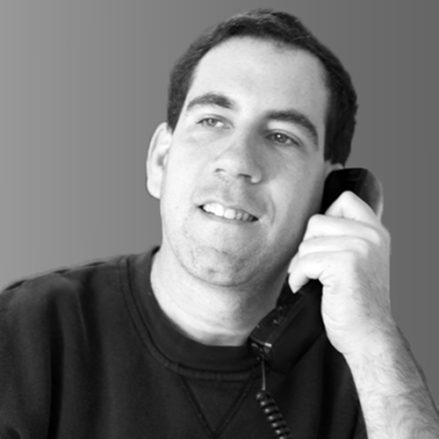Many barriers to independent living exist for people with disabilities, but new in-home technologies can help most families remove some obstacles. While these technology options won’t replace the development of all life skills, they can support individuals to live more independent lives and offer their families peace of mind. At our housing conference in October, we invited a panel of tech innovators to present their remote support solutions. Read more to learn about these tools.
Night Owl Support Systems
Based in Madison, Wisconsin, Night Owl Support Systems specializes in home monitoring technology. They tailor equipment to each person’s need, so they are able to offer individualized support. Night Owl’s services consist of live remote monitoring. By providing care remotely, Night Owl offers clients independence, safety, and security.
With the use of person pagers, smoke and carbon monoxide detectors, temperature and moisture sensors, and movement sensors, remote monitor staff interacts when assistance is needed. This option serves as an alternative to paid overnight care. Prior to beginning services, Night Owl’s staff works with clients to develop support plans. To learn more about Night Owl Support Systems, visit their website today.
Rest Assured
Since 2006, Rest Assured has been providing cost-effective care to individuals with disabilities. Rest Assured provides remote support for people with disabilities, whether living independently or with their families.
The support Rest Assured provides can be tailored to the needs of each individual. With varying levels of support, clients can choose from active support and check-ins or emergency watch as needed. Various supports are available, including two-way audio/visual communication, smoke and temperature detectors, electronic sensors, and more. To get in touch with Rest Assured, visit their website.
Simply Home
Committed to innovation, Simply Home’s founders dreamed of creating a way for seniors and individuals with disabilities to live at home. With more choice and control, Simply Home’s clients are able to develop their independent living skills.
Beginning with a person-centered assessment, Simply Home then designs a custom system. After activating the new system, individuals with disabilities can often live independently, relying on real-time alerts and insights alongside ongoing customer service. Click here to watch a full demo. Find out if Simply Home is right for you by contacting them.
New In-Home Technologies Make a Difference
Do you or someone you know need assistance living independently? Find out if one of these new in-home technologies is the right choice. Reach out to these passionate, innovative companies to discover what remote supports could mean for you and your loved ones.
In-Home Support Tech Contacts
Night Owl Support Systems, LLC: Duane Tempel
Rest Assured: Dustin Wright
Simply Home: Cameron Kempson

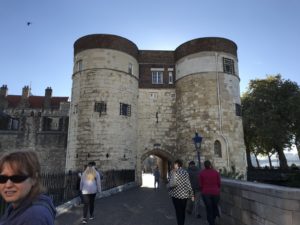 The next day, we went to the Tower of London where prisoners were being held by the beefeaters or Yeomen during the War of the Roses in the mid-1600s. We also took a river cruise along the Thames river, and we saw many famous buildings such as a pub owned by a British actor named Ian McKellen. We also saw the Royal Naval College. We learned about the Greenwich Mean Time – if you go west from this point, you subtract the hours. If you go east from Greenwich, you add the hours.
The next day, we went to the Tower of London where prisoners were being held by the beefeaters or Yeomen during the War of the Roses in the mid-1600s. We also took a river cruise along the Thames river, and we saw many famous buildings such as a pub owned by a British actor named Ian McKellen. We also saw the Royal Naval College. We learned about the Greenwich Mean Time – if you go west from this point, you subtract the hours. If you go east from Greenwich, you add the hours.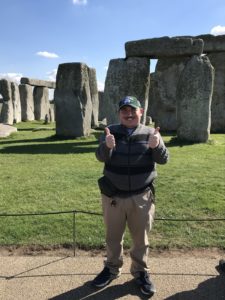 I would recommend England and Ireland as a travel destination for the summer. I recommend it because lots of people are happy, drink beer, and are friendly. There are lots of sights and wonders to marvel at. There’s lots of live music to enjoy in London and Dublin.
I would recommend England and Ireland as a travel destination for the summer. I recommend it because lots of people are happy, drink beer, and are friendly. There are lots of sights and wonders to marvel at. There’s lots of live music to enjoy in London and Dublin.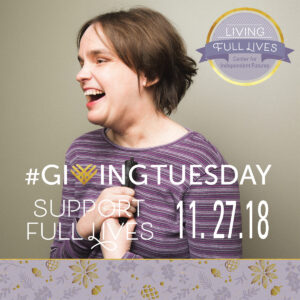 On Tuesday, November 27th, countries around the world celebrated #GivingTuesday. In Illinois, we also participate in #ILGive, an
On Tuesday, November 27th, countries around the world celebrated #GivingTuesday. In Illinois, we also participate in #ILGive, an 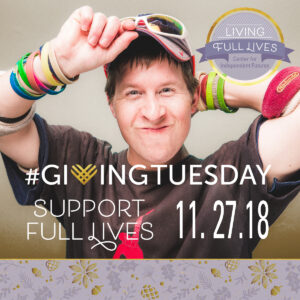 As if raising more than $24,000 in one day wasn’t exciting enough, we were also offered a matching grant opportunity. For every donation of $175 or more, we received an additional $175 thanks to the Coleman Foundation. As a result, Center for Independent Futures will receive an additional $10,000!
As if raising more than $24,000 in one day wasn’t exciting enough, we were also offered a matching grant opportunity. For every donation of $175 or more, we received an additional $175 thanks to the Coleman Foundation. As a result, Center for Independent Futures will receive an additional $10,000! 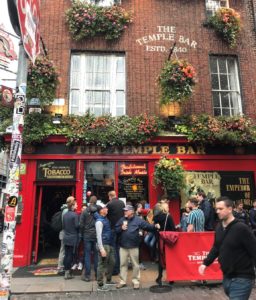 The day after we hiked to Glendalough, we took a stroll of the Temple Bar district in Dublin, Ireland. We also took a tour of the Wall of Fame where famous Irish musicians held their place in the Irish music industry such as U2, Thin Lizzy, Enya, Sinead O’Connor, The Corrs, and Celtic Woman. We also ate dinner in an Irish restaurant and we listened to traditional Irish music. One of my favorite Irish foods that I ate in Ireland was the traditional Irish breakfast which consisted of an egg, blood sausages, 2 pork sausage links, mushrooms, ham, bacon, and roasted tomato. Another favorite food that I tried in Ireland was the fish and chips, which is beer battered cod fish with chips – or as the Americans call them, French fries.
The day after we hiked to Glendalough, we took a stroll of the Temple Bar district in Dublin, Ireland. We also took a tour of the Wall of Fame where famous Irish musicians held their place in the Irish music industry such as U2, Thin Lizzy, Enya, Sinead O’Connor, The Corrs, and Celtic Woman. We also ate dinner in an Irish restaurant and we listened to traditional Irish music. One of my favorite Irish foods that I ate in Ireland was the traditional Irish breakfast which consisted of an egg, blood sausages, 2 pork sausage links, mushrooms, ham, bacon, and roasted tomato. Another favorite food that I tried in Ireland was the fish and chips, which is beer battered cod fish with chips – or as the Americans call them, French fries.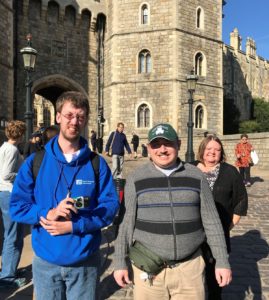
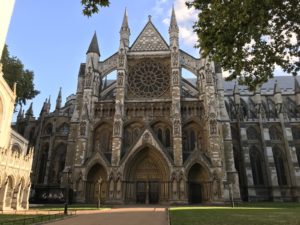
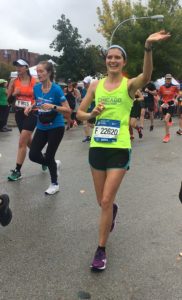 On October 13, 2019, thousands of dedicated runners will line up at Grant Park, ready to take on the
On October 13, 2019, thousands of dedicated runners will line up at Grant Park, ready to take on the 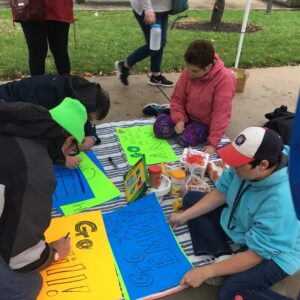 Of course! There is room for spectators along the whole course, but Mile 15 is really where the party’s at. At Mile 15, there is the Charity Block Party, where cheerleaders from charity partners like Center for Independent Futures will be waiting to cheer on our team — and all the other runners, of course! Your friends and family are always welcome to join us at the block party!
Of course! There is room for spectators along the whole course, but Mile 15 is really where the party’s at. At Mile 15, there is the Charity Block Party, where cheerleaders from charity partners like Center for Independent Futures will be waiting to cheer on our team — and all the other runners, of course! Your friends and family are always welcome to join us at the block party!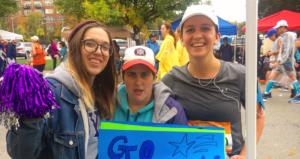 It’s easy! Just email team coordinator
It’s easy! Just email team coordinator 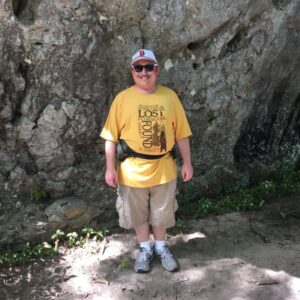 My name is Jonathan Shuman. I’m 29 years old. I live independently in the Chicagoland area. I currently work as an office assistant at an architecture firm called Solomon Cordwell Buenz in downtown Chicago. I’m a huge fan of world travel. Some of the places in the world that I’ve been to include Alaska, Hawaii, Canada, St. Martin, Costa Rica, Ecuador and the Galapagos Islands, France, Israel, Denmark, Germany, Estonia, Russia, Finland, and Sweden. Today, I want to share my experiences from my recent trip to England and Ireland with
My name is Jonathan Shuman. I’m 29 years old. I live independently in the Chicagoland area. I currently work as an office assistant at an architecture firm called Solomon Cordwell Buenz in downtown Chicago. I’m a huge fan of world travel. Some of the places in the world that I’ve been to include Alaska, Hawaii, Canada, St. Martin, Costa Rica, Ecuador and the Galapagos Islands, France, Israel, Denmark, Germany, Estonia, Russia, Finland, and Sweden. Today, I want to share my experiences from my recent trip to England and Ireland with 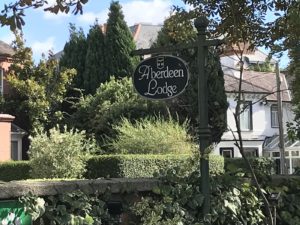 Harrison House in Evanston, Illinois to take me to Chicago O’Hare International Airport where I would meet the tour guide and new group of friends that I would be traveling with for the next 9 days. It was a normal flight and our flight from Chicago to Dublin, Ireland lasted 6-7 hours long. When we got to Dublin International Airport, we went to the Aberdeen Lodge which is a Victorian-style hotel that’s located at Park Avenue in Dublin, Ireland. I was roommates with my new friend David who is from Hastings, Minnesota.
Harrison House in Evanston, Illinois to take me to Chicago O’Hare International Airport where I would meet the tour guide and new group of friends that I would be traveling with for the next 9 days. It was a normal flight and our flight from Chicago to Dublin, Ireland lasted 6-7 hours long. When we got to Dublin International Airport, we went to the Aberdeen Lodge which is a Victorian-style hotel that’s located at Park Avenue in Dublin, Ireland. I was roommates with my new friend David who is from Hastings, Minnesota.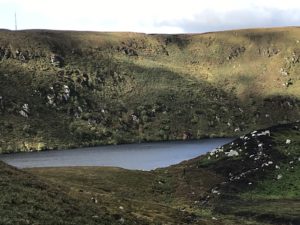 The next morning, we went to the Wicklow Mountains and the Sally Gap and we went to Glendalough, a tiny town in Ireland, which is home to a monastery built by St. Kevin. The monastery is called Sevenchurches. Over the course of its 1,000-year history, it has been raided by the Irish clans, the British, and the Vikings. That same day, we took hikes and we went to a lake located in Glendalough and we watched the sunset. One cool thing that I saw was a tomb that was used as a filming location for a TV show called Vikings starring Alexander Ludwig.
The next morning, we went to the Wicklow Mountains and the Sally Gap and we went to Glendalough, a tiny town in Ireland, which is home to a monastery built by St. Kevin. The monastery is called Sevenchurches. Over the course of its 1,000-year history, it has been raided by the Irish clans, the British, and the Vikings. That same day, we took hikes and we went to a lake located in Glendalough and we watched the sunset. One cool thing that I saw was a tomb that was used as a filming location for a TV show called Vikings starring Alexander Ludwig.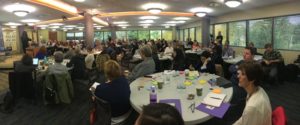 On October 12, developers, technology support creators, and architects joined us at National Louis University for
On October 12, developers, technology support creators, and architects joined us at National Louis University for 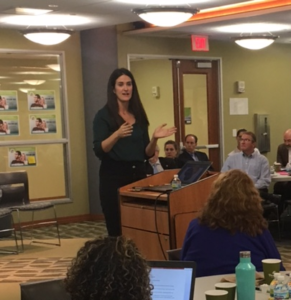 Keynote speaker Micaela Connery came from the Bay Area to tell us about her organization,
Keynote speaker Micaela Connery came from the Bay Area to tell us about her organization, 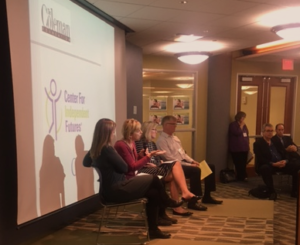 We offered a live stream of this conference for the first time ever! That footage will become available publicly in early 2019. Keep an eye out for the videos on our
We offered a live stream of this conference for the first time ever! That footage will become available publicly in early 2019. Keep an eye out for the videos on our 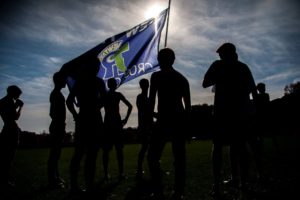 Dave Wisner has been Head Coach of the Varsity team for twelve years. In that time, many students with intellectual or developmental disabilities have been part of his cross country team. Dave said that the team always benefitted from having a diverse group of students participating, but they wondered what happened to students with disabilities when they aged out of transition programs at age 22.
Dave Wisner has been Head Coach of the Varsity team for twelve years. In that time, many students with intellectual or developmental disabilities have been part of his cross country team. Dave said that the team always benefitted from having a diverse group of students participating, but they wondered what happened to students with disabilities when they aged out of transition programs at age 22.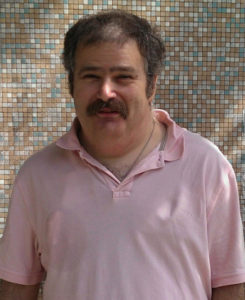 Thanks to a major supporter and a longtime believer in Center for Independent Futures, these funds are being met with a matching grant. This generous donor has committed to a $25,000 matching grant for funds earmarked
Thanks to a major supporter and a longtime believer in Center for Independent Futures, these funds are being met with a matching grant. This generous donor has committed to a $25,000 matching grant for funds earmarked 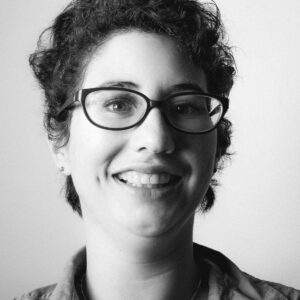 Lindsay, one of our participants,
Lindsay, one of our participants, 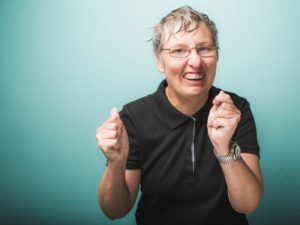 “Many people don’t realize people with disabilities can be gay, lesbian, or have other identities. We are not in a box,” Billy says. He chose to participate in the Human Library event because you can never advocate too much, especially when there are misconceptions like that.
“Many people don’t realize people with disabilities can be gay, lesbian, or have other identities. We are not in a box,” Billy says. He chose to participate in the Human Library event because you can never advocate too much, especially when there are misconceptions like that. 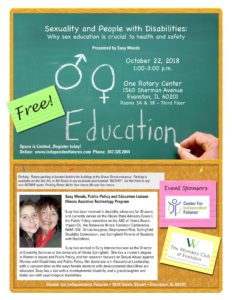
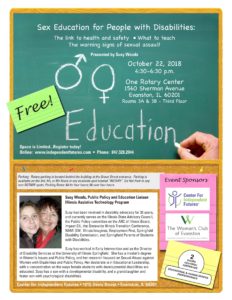
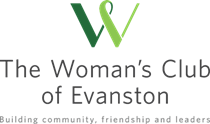 We are proud to offer these workshops and classes to the Evanston and North Shore communities. To the Woman’s Club of Evanston, we want to offer our thanks for making these events possible.
We are proud to offer these workshops and classes to the Evanston and North Shore communities. To the Woman’s Club of Evanston, we want to offer our thanks for making these events possible. 